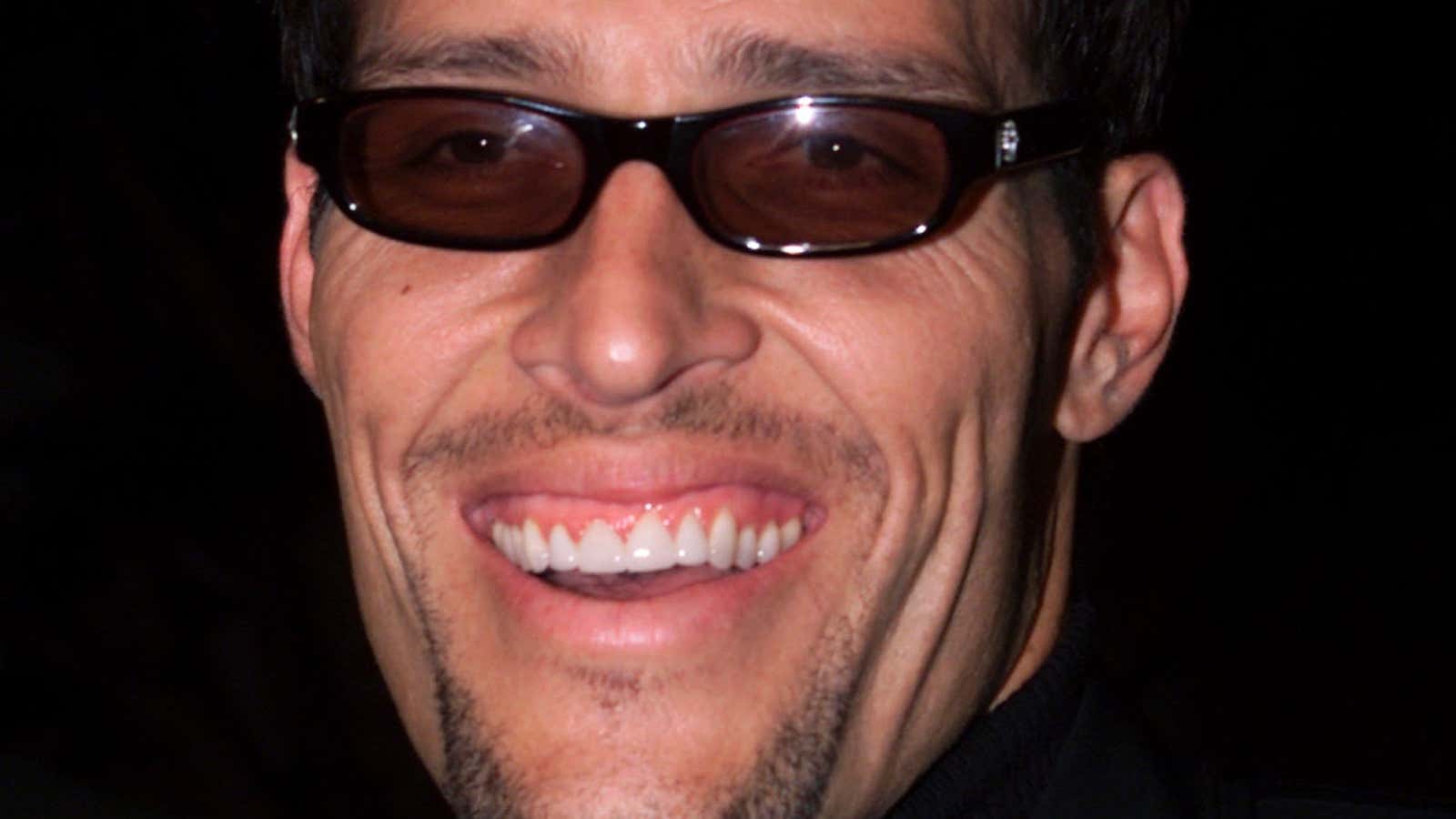The self-help guru Tony Robbins is worth about $500 million. He’s amassed this fortune by coaching others on how to overcome their limiting beliefs and achieve their dreams. Robbins is the original life coach, getting his start in the ’80s and offering this motivational service before that term even existed.
But now he’s in need of assistance himself.
On May 17, Buzzfeed News published a scathing investigation of Robbins, accusing him of abusing clients emotionally, harassing women, and running a program that pushes his followers to their physical and mental limits for decades. “Tony Robbins claims he has helped millions of fans overcome some of life’s darkest difficulties. But leaked records reveal he has used his fame to berate victims of rape and violence, while female former staffers and followers have accused him of inappropriate sexual advances,” Buzzfeed writes. “This is the story he doesn’t want you to read.”
Indeed, while Robbins denied the accusations, he likely agrees with the latter statement and would have preferred the Buzzfeed story go unread. Instead, it caused an internet firestorm. In response, Robbins wrote an open letter to Buzzfeed on Medium, which begins, “This letter is one I would have preferred not to write.”
In it, he argues that Buzzfeed is in part to blame for the deterioration of national discourse and a growing cultural divide in the US. Robbins says the investigation’s claims range “from indistinct to ridiculous.” As evidence for this, Robbins directs readers to the protestations of devoted followers… or one devoted follower to be precise.
“Your reporters rejected and otherwise ignored factual accounts from several individuals you contacted,” Robbins writes, linking to a video on YouTube posted by Analay Souza Campos. The video, uploaded on May 17—the day of the Buzzfeed investigation’s publication—shows Campos explaining that she was contacted for the story to hear about her “intervention with Tony.”
An emotional Campos states that she told reporters that her life has totally changed thanks to Robbins’ coaching and points out that, as a result of her work with him, she wrote an Amazon bestselling book in the category of “marriage law,” How to Love Others Without Losing Yourself. Campos argues that Buzzfeed used pieces of her intervention out of context to make “the point that they wanted to make,” regardless of the positive experience that she related. “Tony and I had a very sacred moment in that intervention. He served me a lot,” she says.
However, it seems that Campos isn’t explicitly named in the story, so it’s not clear that her specific intervention is what’s being referred to in Buzzfeed’s account. Nor is a single intervention the basis of the whole investigation. The report relies on anonymous and named sources, as well as secret recordings from “Date With Destiny” conventions held by Robbins, which participants must agree not to document before attending.
Robbins links to Campos’s video three times in the letter without indicating that he’s pointing to the same evidence repeatedly. He also notes that he has worked with “Nelson Mandela, Mother Teresa, Princess Diana, presidents of countries, and international companies, not to mention millions of dedicated human beings from over 100 countries around the world.”
The self-help guru contends that Buzzfeed drudged up accounts from a few disgruntled individuals over decades of work and that reporters refused to meet with him in person so that he could explain his unusual methods. He says the journalists were intent on their own predetermined agenda to take him down.
Whether or not that’s the case, it’s certain that Robbins now finds himself in an awkward position. He rails against victimization and urges followers to overcome the obstacles of their past—whether it’s childhood abuse, rape, poverty, or other difficult circumstances—for tomorrow’s possibilities. That’s a central tenet of his guidance. Now he’ll have to embrace these lessons, too: If he displays too much self-pity over the negative coverage, he risks seeming like a hypocrite in addition to everything else he may or may not be.
